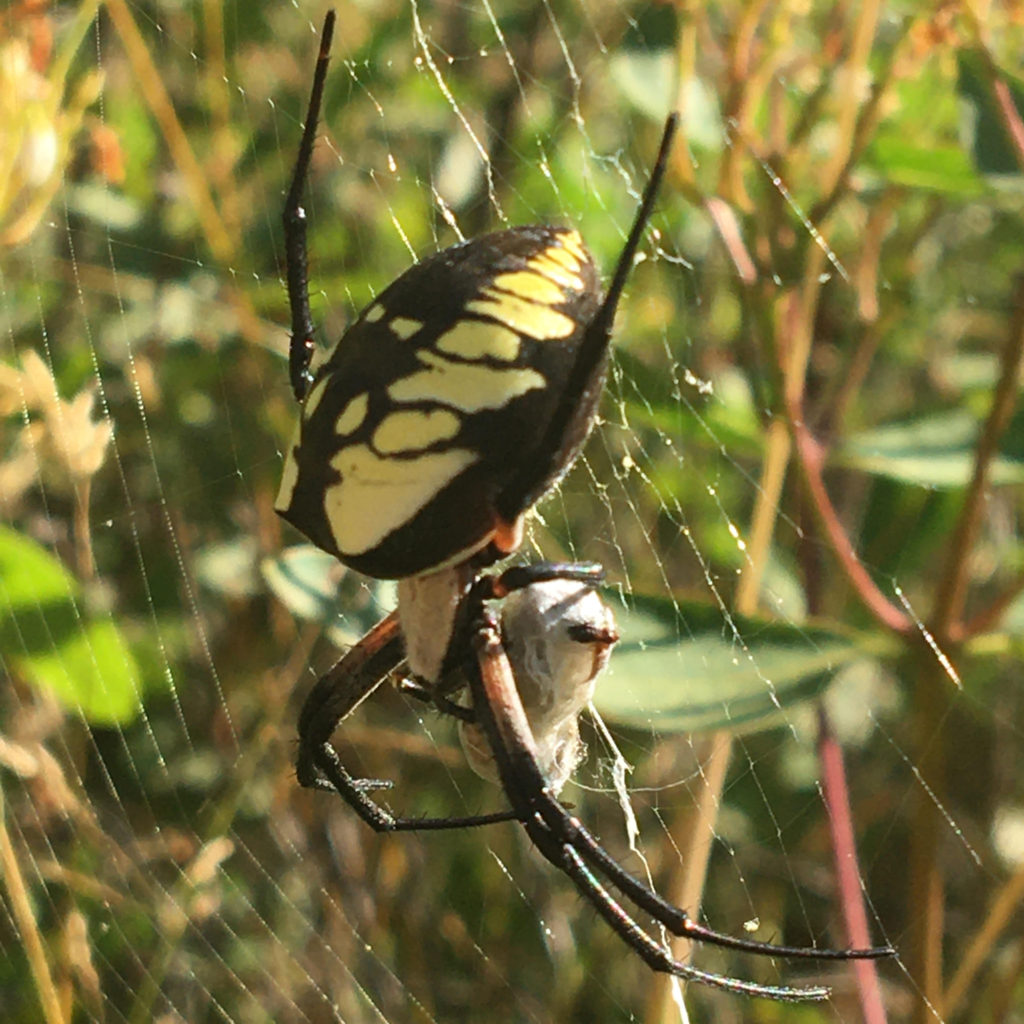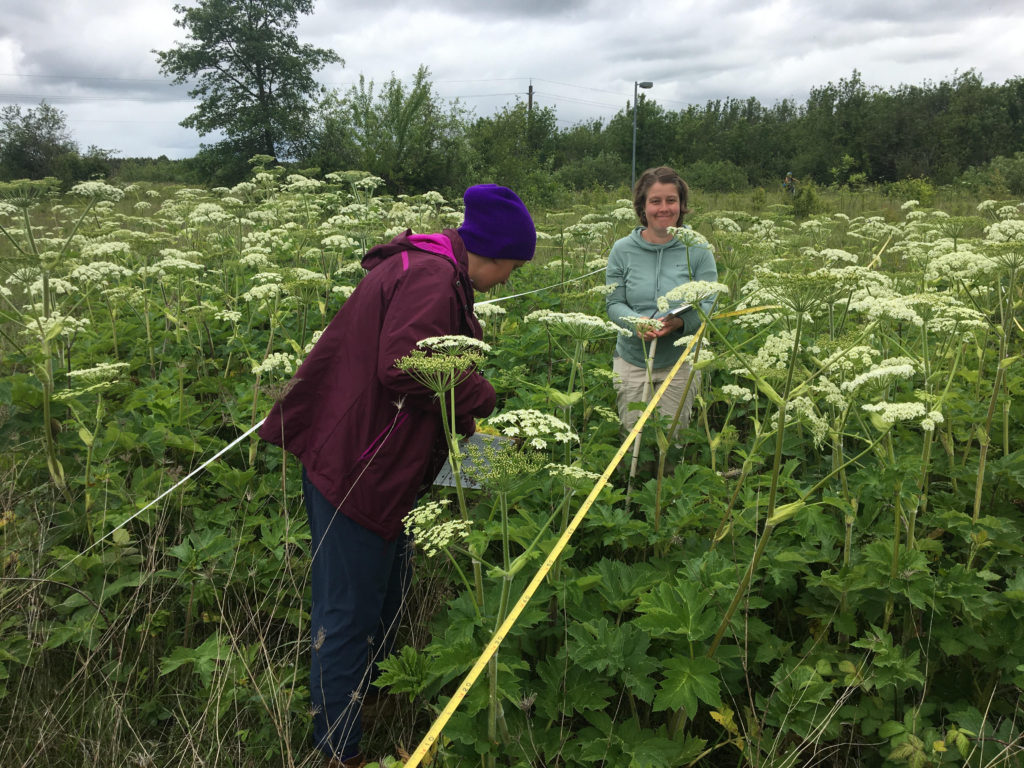Living organisms must have the genetic diversity to adapt to changing conditions or they don’t survive. For WREN the relevance of this lesson could not be clearer. We are nimble, flexible: it’s built into our “DNA!”

The education environment changed dramatically for WREN and our school and community partners over the past year. As we were gearing up for our Spring Field trips, the arrival of the pandemic put our traditional ‘in-person’ programs on hold. For our twenty-plus year history, we have delivered hands-on field education and outreach to youth and adults, so how must we adapt our role moving forward? Living organisms must have the genetic diversity to adapt to changing conditions or they don’t survive. For WREN the relevance of this lesson could not be clearer. We are nimble, flexible: it’s built into our “DNA!” We have learned from our focus on diversity and resiliency in our ecosystems to enfold these values into our program’s adaptation! We adapted our programs to follow the new physical distancing guidelines and learned how to meet our school partners’ needs, by running the majority of their educational programming through on-line education. We are stronger because we are both focused and flexible. We’ve adapted to the new reality and, in some ways, are doing things that we needed to do all along.

In 2020, We have Adapted By:
- Initiating the same level of engaged learning with new methods, helped by our Mt. Adams AmeriCorps intern;
- Working with the STEM-Beyond School network of formal and informal educators to better define what it means to do online effectively;
- Working to bring a diverse array of professionals to the table for youth to learn about careers and personal pathways;
- Developing a ‘YouTube’ channel to share thematic, environmental educational videos with youth and families and the broader community;
- Building on our natural connection to the Long Tom Watershed Council to increase the adult learning opportunities at their events;
- Partnering more closely with our allies with Rivers-2-Ridges, Upper Willamette Basin Network, and LaneSTEM to become more innovative and effective through virtual events;
- Engaging with our Bureau of Land Management partners to facilitate endangered species monitoring–learning the science behind these field studies and how to integrate this science into our programs; and
- Working with our partners to develop a local team to share a vital education program focused on engaging youth and adults in learning about fire science and management.
These are challenging times for all of us–citizens, parents, teachers, and students. WREN is committed to continuing to provide environmental activities to our community. But nothing happens without partnerships and shared resources.

Here is How You can Help:
- Donate to our annual fund drive by clicking the DONATE button on the top left of our home page. Your tax-deductible donation allows us to offer low cost and free on-line and in-person activities to schools, libraries, and the public.
- Become a board member/community advisor. We are always looking for ways to include new perspectives on our board and helping build on educational skills and partnership;
- Volunteer your video production skills in the development of videos to be used in our educational activities;
- Email us at info@wewetlands.com to apply for our Social Media and Public Relations intern position if you are interested in using social media as a tool for outreach.
- Get your name on our list for upcoming trainings to become a WREN Guide. We are hoping to return to our traditional program, including WREN’s wetland field trips!
THANK YOU!!
We appreciate your energy and support as it nurtures WREN and assures a vital and vigorous future for our organization! We hope to see you in the wetlands soon. Best Wishes for 2021,

